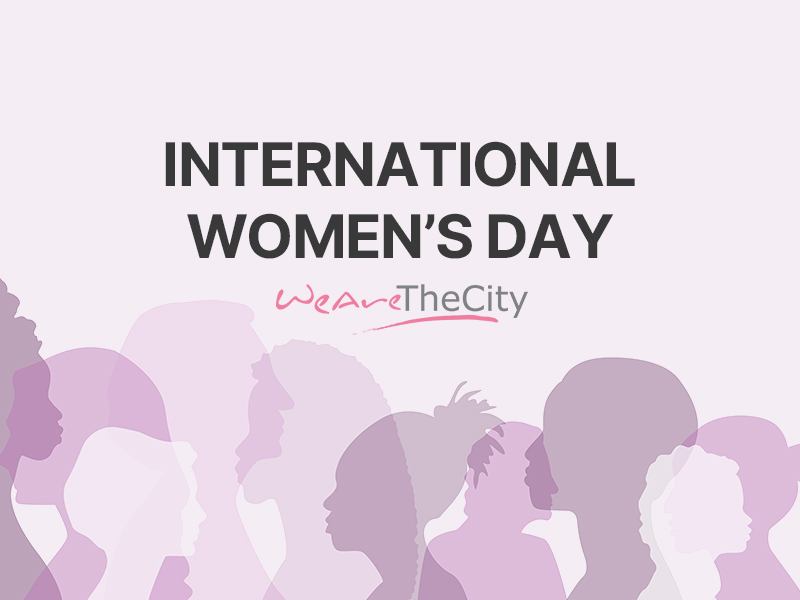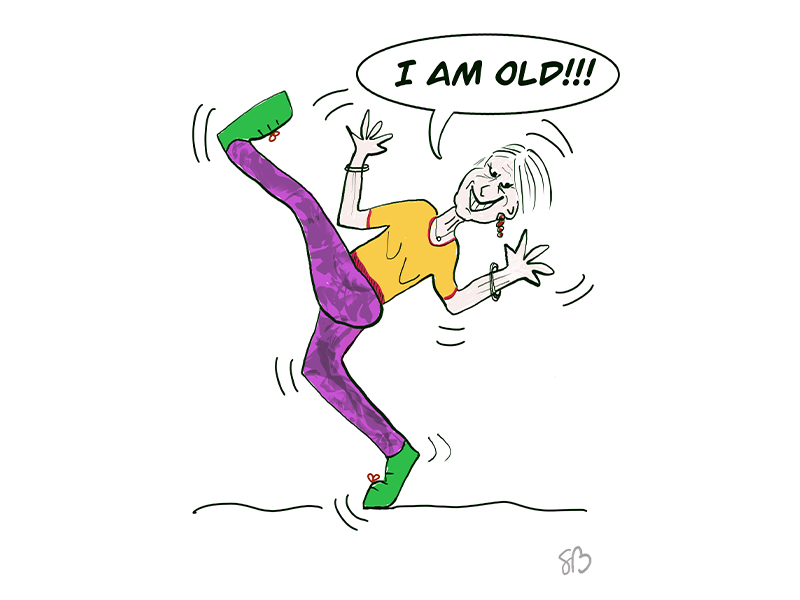By Zoe Bailey, Chartered Financial Planner and Director at Tilney
 International Women’s Day (IWD) on the 8th of March 2021 rightly received widespread global attention.
International Women’s Day (IWD) on the 8th of March 2021 rightly received widespread global attention.
The theme of ‘Choose to Challenge’ struck a chord with business leaders and campaigners with many citing the fact that Covid-19 had only made women’s personal and professional lives even more challenging.
Indeed, research from the City campaign group and our partner, The WealthiHER Network, found that over 70% of women are feeling less financially secure, 71% say their financial plans have been affected and 59% have had to put a stop to pension retirement contributions all as a result of the Covid pandemic.
In addition, The World Economic Forum’s gender gap report recently highlighted how detrimental the pandemic has been when it comes to financial equality with closure of the global gender gap increasing by a generation from 99.5 years to 135.6 years. Clearly financial issues women faced pre-pandemic have only been made worse over the course of this past year – and things aren’t getting much better.
So, despite IWD playing a crucial role in highlighting the financial issues women face, once the day passes, the importance of these issues can be all too easily forgotten. That is why we need to keep them front of mind and continue to flag the practical steps women can take day-to-day to achieve better financial equality and reduce the pension gap.
From a financial planning perspective, there are three key things women can consider; 1) kick-starting a savings habit for themselves and their future, 2) drawing up an investment plan and 3) reappraising their pension contributions to recover any losses in the past year or more.
The message around improving women’s financial security and fostering greater financial independence is a life-time consideration. We already know that women are more prone to suffer career gaps or take breaks in their working patterns to raise children or care for elderly relatives, meaning they only start prioritising their future and saving into a pension much later than men in life. In addition, Covid-19 has had a brutal and lasting impact on female-centric roles and their subsequent earning opportunities across the retail and leisure industries.
Statistics show these sectors experienced the biggest proportion of furlough and job loss in 2020 and women need to grasp the financial nettle now. We can’t simply wait until the next IWD to be encouraged to remedy pension and pay inequality, taking action now to secure long-term goals and ensure you are financially covered day-to-day is critical.
Using Tilney’s Cashflow Modelling we’ve outlined the following imagined scenario to illustrate the impact of a lower pension provision at the early stage a woman’s career. Whether this was the case before the pandemic, or the financial disruption of the past year has put off women from actively contributing towards their retirement; our fictional example highlights the impact of being underprepared for later life…
- “Alex”, aged 26, works in retail. She decides not to opt-in for her company pension scheme but instead prefers to save £4,800 each year (or £400 each month) into her cash savings and does this religiously, until her 60th birthday when she decides to retire.
- As Alex has no real pension provision, she will be reliant on the state pension which is equivalent to £179.60 per week (£9,339.20 each year). Although this won’t be accessible until she reaches 68 years old.
- And so, once she has retired, the only way she can fund her retirement is via those cash savings which amount to just over £120,000. The savings have failed to hold their ‘real’ value over time after consistently accruing low cash interest rates, which were below the rate of inflation (price increases).
- Assuming that her job pays her £30,000 before tax each year and her take home pay is £24,064 each year (once income tax and National Insurance has been accounted for), this leaves Alex with a retirement income shortfall of £19,264 each year that she requires in order to afford a comfortable retirement.
- This means that her cash savings have to be used to meet this income shortfall each year.
- And this means all of her cash savings have gone after just 7 years.
- At this point Alex still has her state pension, however this is only £9,925 per year (increasing slightly each year) to fund her living costs for the rest of her life.
This chart shows Alex’s lifetime cashflow, you can see her cash savings build and then be used up to meet her income shortfall once she retires.
Without any other pension provision or investments, this shows in stark terms how quickly Alex’s savings will be eroded once she retires and how quickly her assets are exhausted by the time she reaches 66 years old. She then becomes fully reliant on the state or someone else for the full retirement income she requires.
So then, what can be done to help women not fall into this trap and achieve their financial independence and personal retirement goals if they’ve had to take time off work or have been putting off from regular contributions due to having a reduced income over the past year?
Often all this information can feel overwhelming, and a financial adviser can help you create a more formal and an effective longer term financial plan to assist with life beyond lockdown. As part of this planning, it is worth assessing if you can join or re-join your work’s Company Pension scheme, review your cash savings, cash is important for emergencies however holding more of it than you need can have a detrimental effect on your later financial security. Could some of this cash be contributed into your Pension or a more liquid investment account, to give it a better chance to grow above inflation over the long term and support you better?
Additionally, reviewing your monthly or annual expenditure, finding where you could save and invest more, and even just completing this exercise can give you a clearer picture of your overall financial health. Regardless of how this looks, it will prompt you to consider restarting those longer-term savings and investments (even if it’s at a lower amount for now).
For those who feel more confident about restarting their pension or savings contributions at the same level pre-pandemic – or have been fortunate enough to accrue additional savings in lockdown – there is no better time to make your money work it’s hardest for your future. Speaking to a financial advisor about is a simple yet effective way of understanding what your retirement will look like currently and the money needed to achieve those goals. It’s never too young or too small an amount to start.
Doing this early on in your career will have a longer term compounding growth effect, help you not have such a huge hurdle to climb later in life to get to the same retirement pot outcome, help you build confidence in investing and how Pensions work and give you a clear sense of where you might need to adjust your outgoings and savings to get there.
While ensuring you have an emergency savings fund in place and are financially secure after the disruption of 2020 is paramount, whatever the state of your financial health today, -it’s critical you don’t forget your pension.
For more advice on what is a good starting point to close the pensions gender gap, and to understand the key differences in risks between savings and investing, listen to Money, She Talked – a financial podcast by women, for women.
About the author
Zoe Bailey is a Chartered Financial Planner and Director at Tilney. Zoe holds an Advanced Diploma in Financial Planning, an Investment Advice Diploma, and an MA in Economics, and her areas of expertise include pension and retirement planning and advising divorcing couples with their settlements. Zoe is passionate about helping people understand and achieve their financial needs and objectives, regardless of what stage of life they are in or their financial and personal circumstances.
WeAreTheCity covers the latest female centric news stories from around the world, focusing on women in business, careers and current affairs. You can find all the latest gender news here.
Don’t forget, you can also follow us via our social media channels for the latest up-to-date gender news. Click to follow us on Twitter, Facebook, Instagram, and YouTube.








